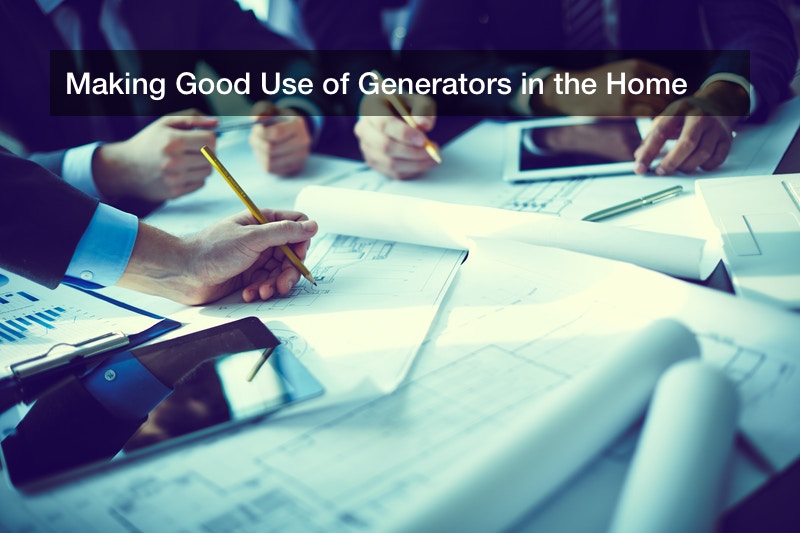
Humanity has always needed energy for performing work and creating items, and starting in the late 1800s, electricity was harnessed to perform all kinds of work, along with steam power. Throughout the 20th century, power plants were built across the developed world to generate all this power, and the result is today’s power grids. North America, Europe, and southeast Asia have some of the most thoroughly developed grids, but they are not foolproof. Sometimes, malfunctions may cause while neighborhoods or city blocks to lose power, or natural disasters may damage power lines. This is a major inconvenience for homeowners, and it can be devastating for businesses such as hospitals. So, emergency generator installation requirements may be in place for those buildings when they are constructed, and those emergency generator installation requirements demand that power be restored as soon as the main source is cut off. In a hospital, backup generators can smoothly take over to keep the hospital running. But what about whole home generator pricing? Whole house generators are quite popular among homeowners who believe that they may lose power at some point.
The Need for Generators
Why might someone look into whole home generator pricing at all? Studies show that the modern American electric grid is decades old in some places, and some power stations and other utilities might date back to World War I. Meanwhile, federal data has been tracking power outage rates since 1984, and the numbers show that from that year to now, the American power grid fails 285% more often. In the first six months of 2014 alone, a total of 130 power grid outages were reported, and that can be a real issue for any homeowner. If the power goes out during summer or winter, the house may warm up or cool down far beyond comfort levels, since the climate control system will not run. What is more, food in the fridge and freezer may start to warm up. For the first four hours, this may not be an issue, but if the power stays out beyond that, the homeowner should start checking the food and discard anything that may be at risk. Power grid issues may cause these outages, or weather might cause the problem, such as ice building up on power lines and breaking them. Falling tree branches may also disrupt power lines.
Installing Backups
Fortunately, a concerned homeowner can look into whole home generator pricing and other information to set up a whole house generator system. How can this whole home generator pricing work be done? To start with, the homeowner will need to know their total power requirements, and that means adding up the wattage of all lights, electronic devices, appliances, and more in the home, and adding it all up. Note that 1,000 watts make up a kilowatt, and 1,000 kilowatts constitute a megawatt. In this way, the homeowner can get a generator of a proper size, since a too-large one is a waste of money and a too-small one can’t even power everything anyway. That homeowner can look online to find generator models, and also visit local hardware stores to find them (and consult the staff about it, if need be).
A backup generator, once installed on the property, will be ready to power on and provide electricity as soon as the main power goes out for any reason. In many cases, the delay between those two power sources may be quite short, and in some cases, the transition may be seamless. In the latter case, a homeowner may not even realize at first that the backup generators had come online. Meanwhile, if the homeowner lives in an area that is prone to flooding, they should take care to acquire a generator that can survive flood waters.
Smaller generators can be used for recreation, such as bringing one along on a camping trip to recharge cell phones or other items, or to power an electric lantern or other light source. Small generators are also a great idea for tailgate parties, such as powering a TV and sound system in the back of a pickup truck.
